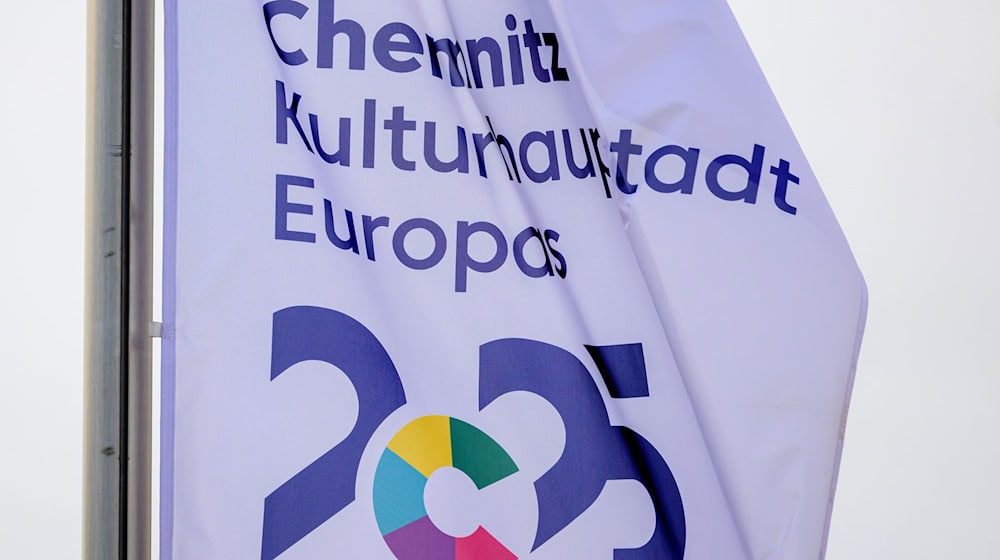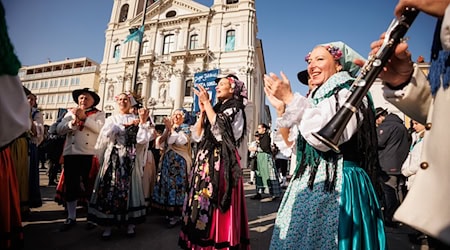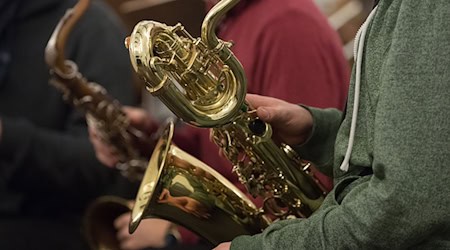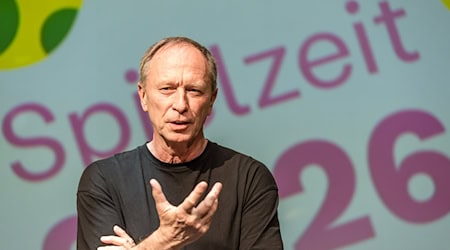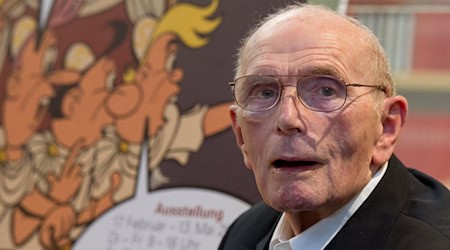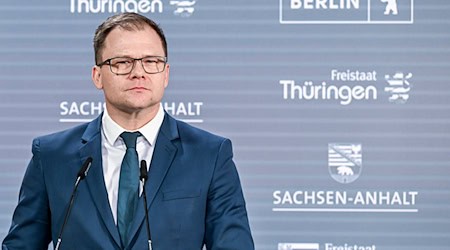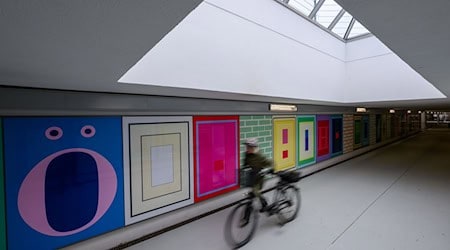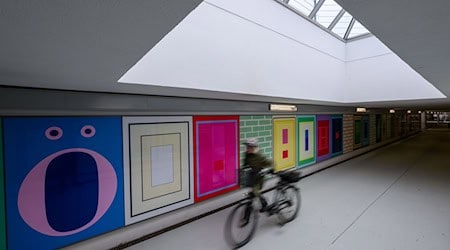More Europe and less bureaucracy for the candidate cities: recommendations for the further development of the European Capital of Culture program were presented at a conference in Chemnitz. The occasion is its 40th anniversary this year. The essence of the white paper presented is more Europe, said scientific director Valentina Montalto.
A uniform logo and the renaming to "Capital of European Cultures" are recommended. This is intended to underline the role of the initiative in promoting cross-border cultural exchange and strengthening European identity. At the same time, the aim is to emphasize the shared cultural heritage of the participating cities.
Paying out prize money earlier
Past and future Capitals of Culture are also in favor of simplifying the selection process and thus reducing bureaucracy. The concepts outlined in the application books should be mandatory in future and national governments should be held more accountable for supporting the award-winning cities.
It is also suggested that the EU's Melina Mercouri Prize, which is endowed with 1.5 million euros, be revised. According to the recommendations, part of the prize money should be paid out when the title is awarded. This would provide cities with early financial support in preparing for the Capital of Culture year.
He hopes that the Capital of Culture program will remain at the heart of European cultural policy, said Chemnitz Mayor Sven Schulze (SPD). His city shares the title this year with Nova Gorica in Slovenia and is hosting the anniversary conference. It is also important to ask what will remain for the cities in the long term from the actual Capital of Culture year. The aim is to continue the developments that have been initiated, emphasized Schulze.
Around 200 participants from various countries, including representatives from around 50 former and future Capitals of Culture, reportedly discussed the proposals at the conference. The paper is to be presented to the EU Parliament in Brussels in mid-May.
Copyright 2025, dpa (www.dpa.de). All rights reserved

